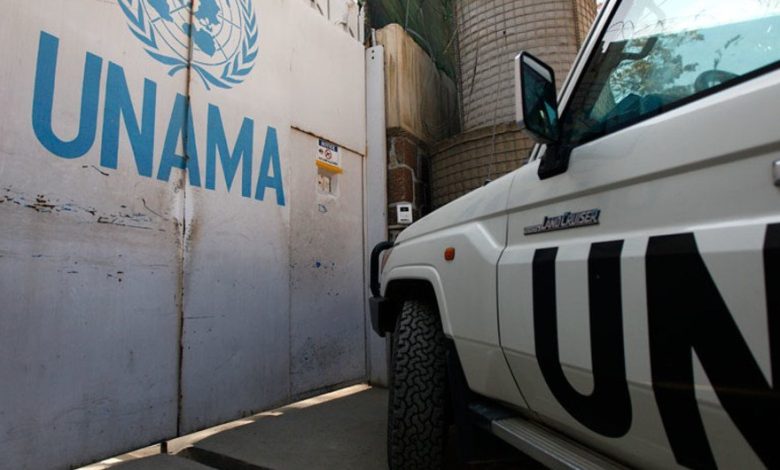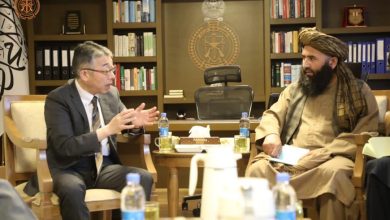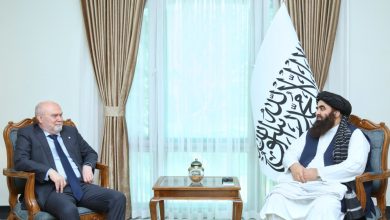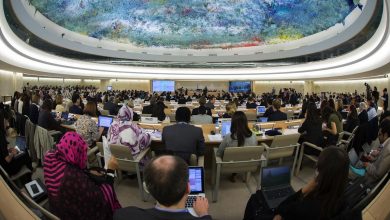
UNAMA introduced its strategy framework focusing on Afghan women and girls until 2025
Bayan news
The United Nations Office in Kabul (UNAMA) has announced that this organization announced its strategy framework for a two-year period today, Sunday (July 3), in which the organization’s priorities to support the people of Afghanistan have been determined.
“Our strategic framework is a strong proposal to help the people of Afghanistan meet their basic humanitarian needs and complement ongoing life-saving humanitarian assistance,” UNAMA quoted Roza Otenbayeva, UN Secretary-General’s Special Representative for Afghanistan as saying.
The organization said that this strategy was developed in close consultation with the member states and partners of the United Nations.
On the other hand, Daniel Enders, the coordinator of humanitarian aid of the United Nations, has stated that this organization and its partners acknowledge that humanitarian aid alone will not be enough to sustainably deal with the great and increasing human suffering of the Afghan people in the medium and long term.
According to him, the UN strategy framework has a special focus on providing basic assistance in response to the increasingly restrictive environment that all Afghans, especially women and girls, are facing.
UNAMA officials have also noted that the UN is dependent on the actions of the caretaker government in Kabul and the support of donors in order to fully implement the framework.
However, sustainable essential services (health, education, employment, social protection), enhanced economic and livelihood opportunities, social cohesion, inclusion, gender equality, human rights and the rule of law as prerequisites for sustainable development and peace in Afghanistan, strengthening partnership Civil society with international human rights documents includes UNAMA’s priorities to support the people of Afghanistan.
UNAMA unveils the framework of the strategy until 2025 while the caretaker government of Kabul has imposed serious restrictions on Afghan women and girls.
Prohibiting the education of girls above the sixth grade, blocking universities for female students, and banning women from working in domestic and international offices are among the most serious restrictions of the current government in Kabul, which has negatively affected the process of international humanitarian support.







